Gujarat Chief Minister Bhupendra Patel has announced a significant policy shift aimed at regularizing unauthorized constructions in rural areas, particularly focusing on developments with a Floor Space Index (FSI) of up to 4.5. This decision, in line with the Gujarat Regularisation of Unauthorised Development Act 2022, is set to impact a large portion of the rural population by providing a legal framework for previously unauthorized structures, ensuring that future development is both regulated and lawful.
Background of the Gujarat Regularisation Act 2022
The Gujarat Regularisation of Unauthorised Development Act 2022 was introduced as a legislative measure to tackle the growing issue of unauthorized constructions across the state. Over the years, rapid urbanization and rural expansion have led to a significant number of constructions being carried out without proper legal sanctions or adherence to building norms. These unauthorized constructions have posed challenges in terms of urban planning, infrastructure development, and public safety.
The Act was designed to offer a legal pathway for the regularization of such constructions, thereby integrating them into the formal legal framework. However, the initial implementation of the Act revealed certain limitations, particularly in its application to rural areas where the majority of unauthorized constructions were concentrated.
The New Provisions: Regularising Constructions up to 4.5 FSI
Chief Minister Bhupendra Patel’s recent decision marks a pivotal change in the application of the Gujarat Regularisation Act. As per the new provisions, unauthorized non-residential constructions in rural areas with a Floor Space Index (FSI) of up to 4.5 can now be regularized. This move is seen as a direct response to the demands of rural populations, who have been advocating for more inclusive and accessible regularization processes.
The Floor Space Index (FSI) is a crucial metric in urban planning, representing the ratio of a building’s total floor area to the size of the land on which it is built. An FSI of 4.5 implies that the total floor area of the building is 4.5 times the area of the plot. Regularizing constructions with such a high FSI in rural areas is a significant step, as it allows for the formal recognition of substantial developments that were previously considered illegal.
A People-Oriented Approach
The Chief Minister’s decision reflects a broader public-focused approach, as highlighted by the Chief Minister's Office (CMO) in their official statement. By making the law more people-oriented, the government aims to ensure that the Gujarat Regularisation of Unauthorised Development Act receives widespread acceptance and participation from the rural populace. This approach is intended to maximize the benefits of the Act, enabling a larger number of people to regularize their properties and avoid legal complications in the future.
Impact on Rural Development
The regularization of unauthorized constructions up to 4.5 FSI is expected to have a profound impact on rural development in Gujarat. By bringing these constructions into the legal fold, the government can ensure that they adhere to safety and infrastructure standards, thereby improving the overall quality of life in rural areas. Additionally, this move is likely to spur economic growth by encouraging more construction activities, as builders and property owners gain confidence in the legal security of their investments.
Furthermore, the regularization process will involve the collection of fees for deficient parking spaces, which will be directed towards the development of public infrastructure in rural areas. The government has made provisions for charging fees based on the extent of unauthorized construction—up to 2,000 square meters for residential and up to 1,000 square meters for non-residential constructions. This revenue will be crucial in funding public amenities and improving the infrastructure in these regions.
Parking Regularisation: A Balanced Approach
Previously, under the Gujarat Regulation of Unauthorised Development Act 2022, there was a requirement for 50% of the deficient parking space to be provided within the plot or within a 500-meter radius. The remaining 50% could be regularized by paying the prescribed fee. This balanced approach ensured that unauthorized constructions did not lead to excessive strain on public infrastructure, particularly parking facilities.
With the new provisions, this parking regularization process will continue, albeit with a focus on ensuring that rural constructions do not disrupt the local environment or create undue burdens on public resources. The government’s decision to retain this aspect of the regulation underscores its commitment to maintaining a balance between development and sustainability.
Implementation and Future Prospects
The Chief Minister’s office has indicated that the new provisions regarding the impact fee and the regularization process will be implemented shortly, following the procedures outlined in the Act. This swift implementation is crucial to ensuring that the benefits of the new policy are realized as soon as possible.
Looking forward, the Gujarat government’s decision is likely to set a precedent for other states facing similar challenges with unauthorized constructions. By adopting a more flexible and people-oriented approach, the government has demonstrated that it is possible to address the complexities of unauthorized development while still promoting growth and development.
Image source- Facebook

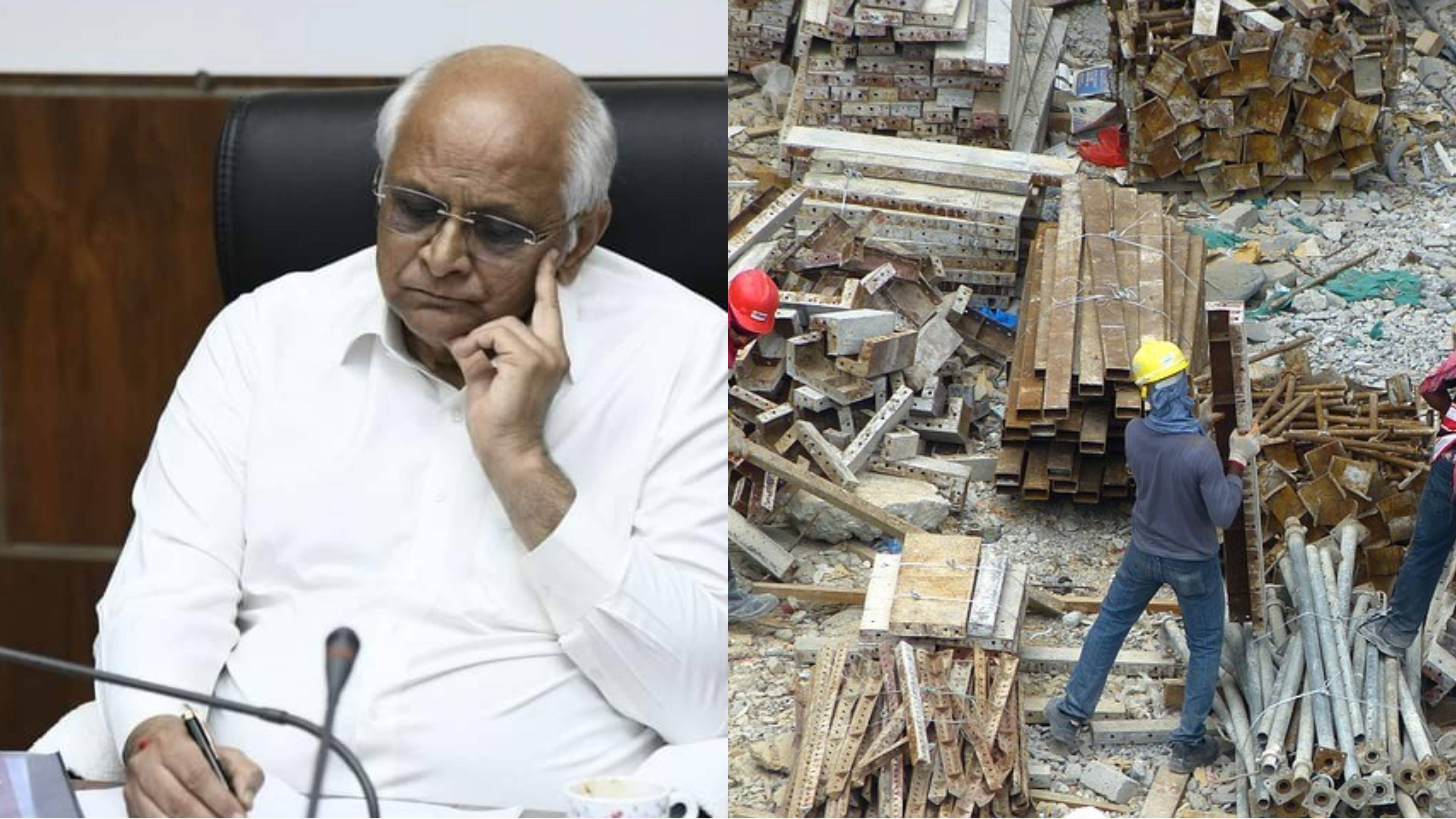

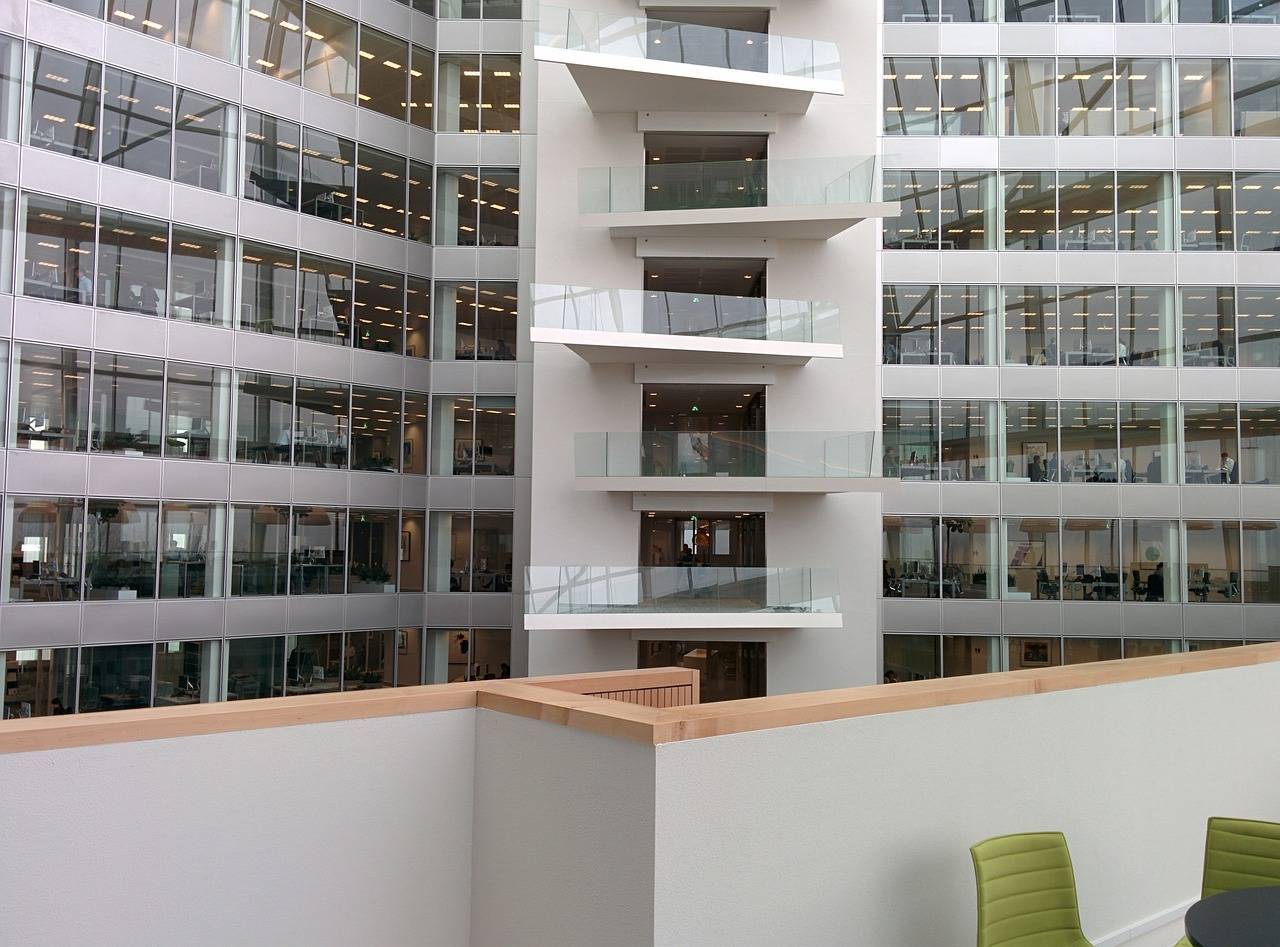

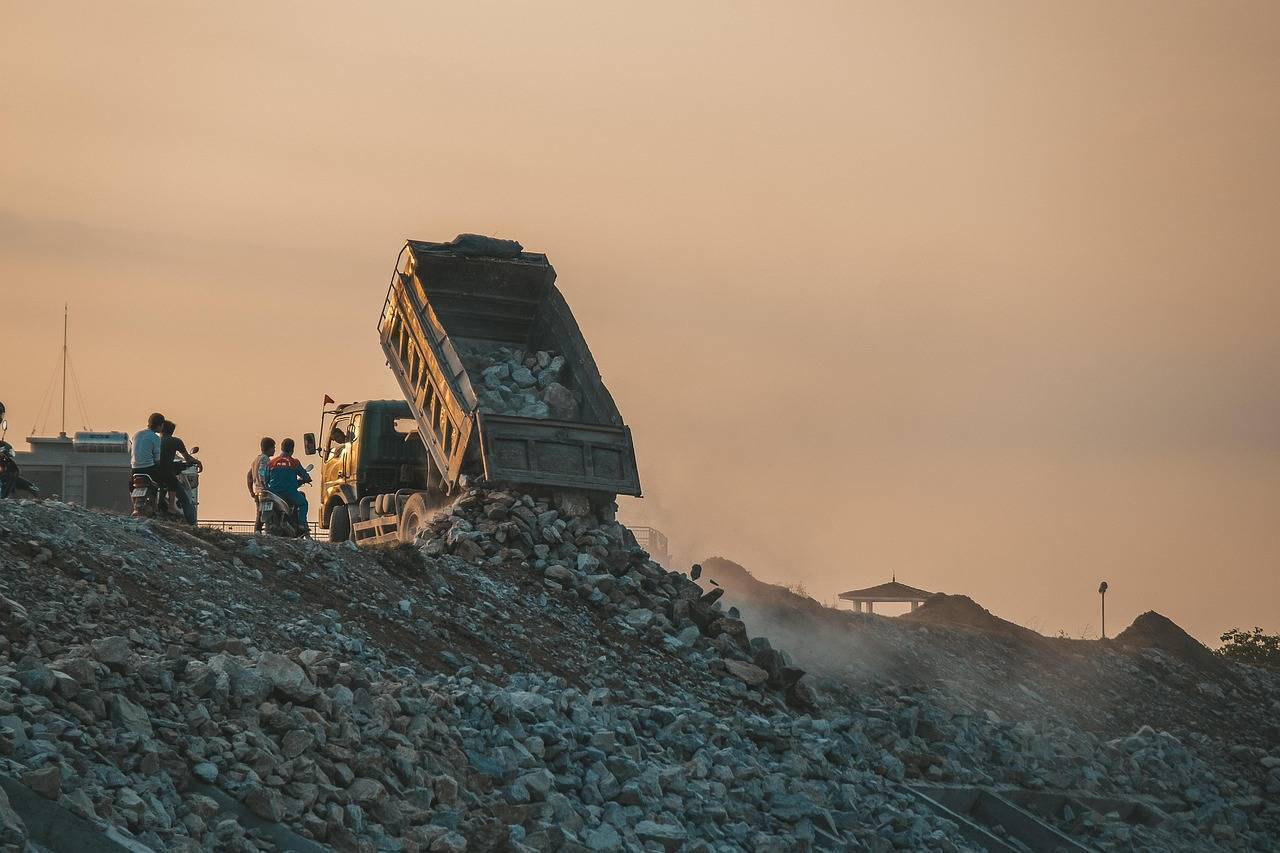
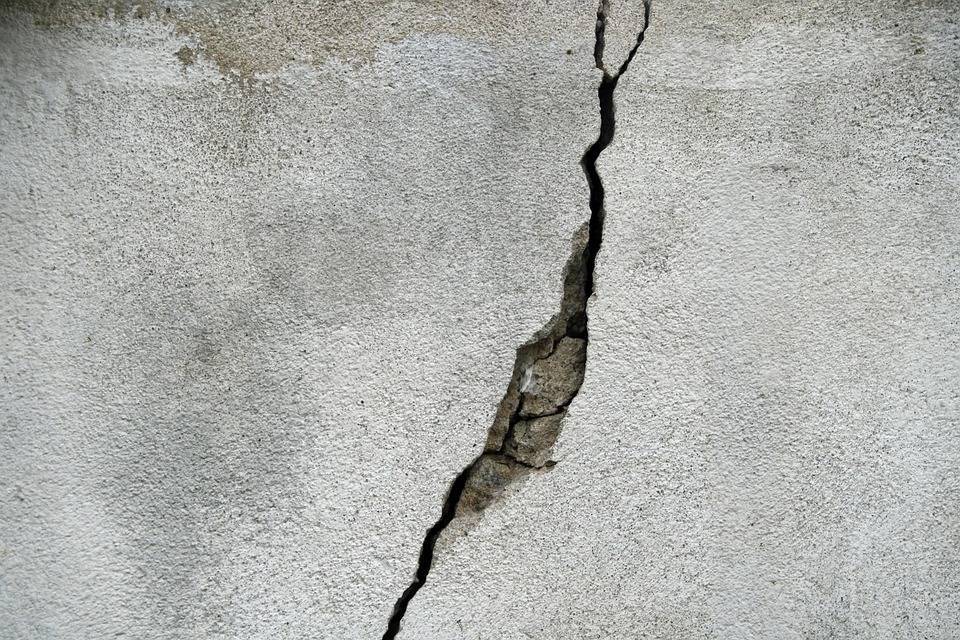

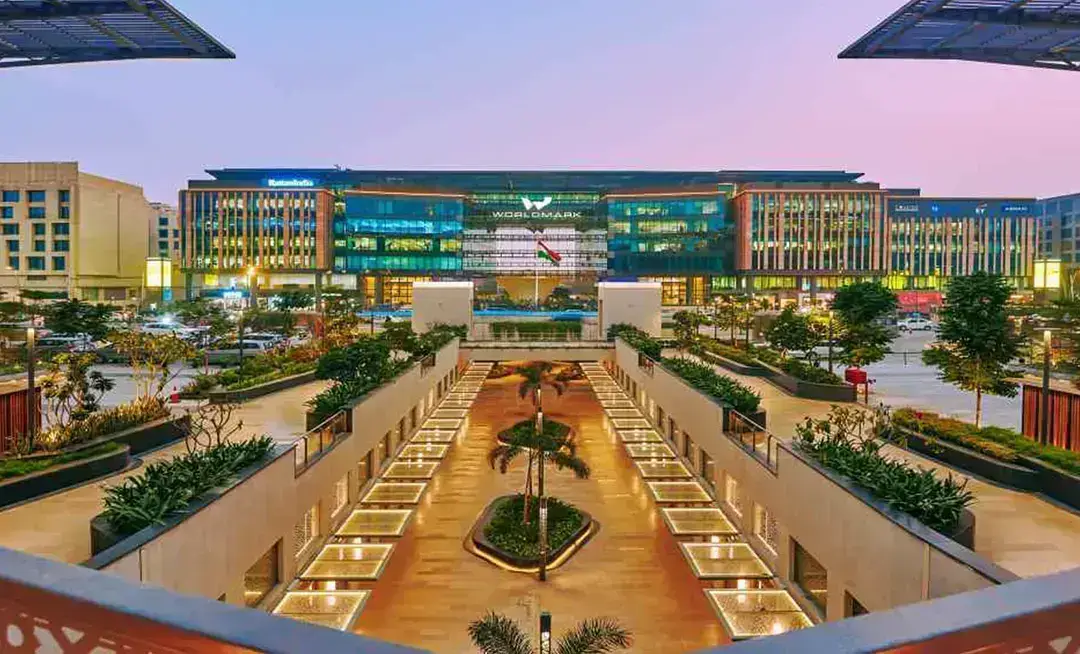
.png)